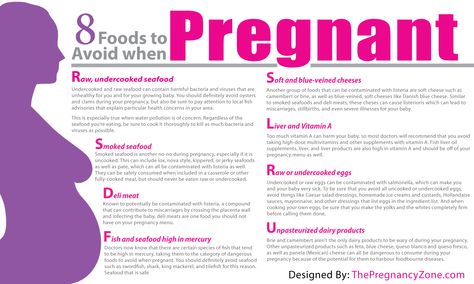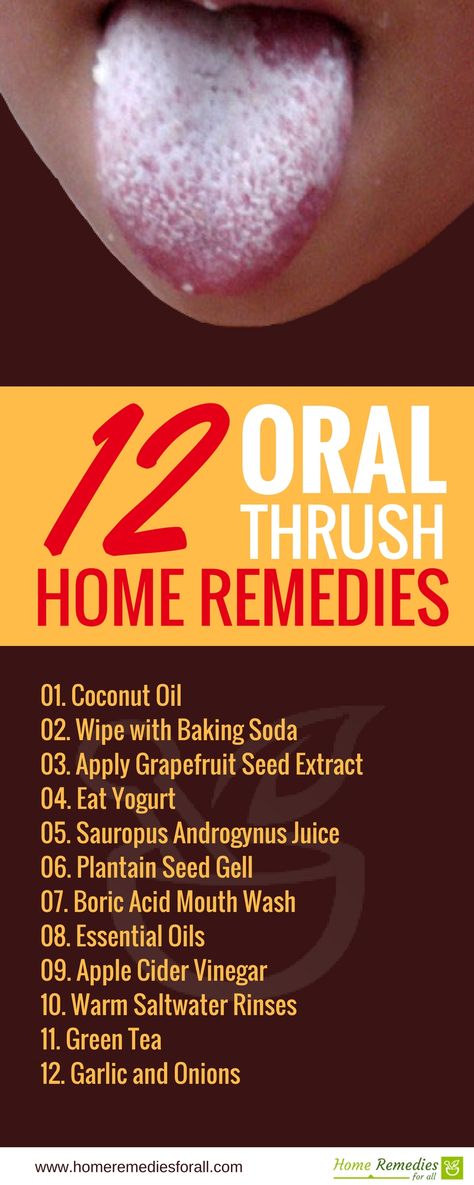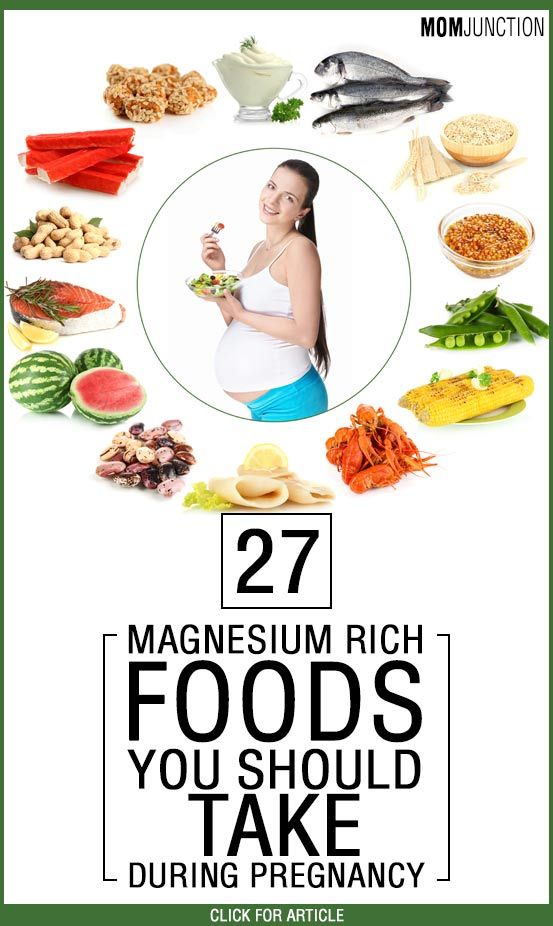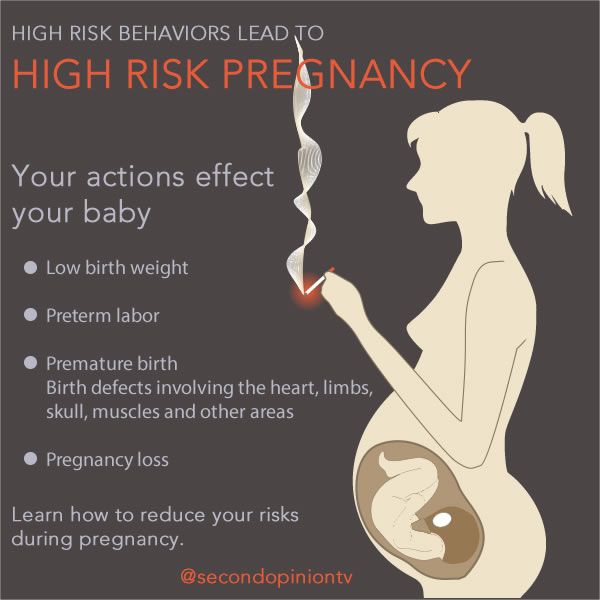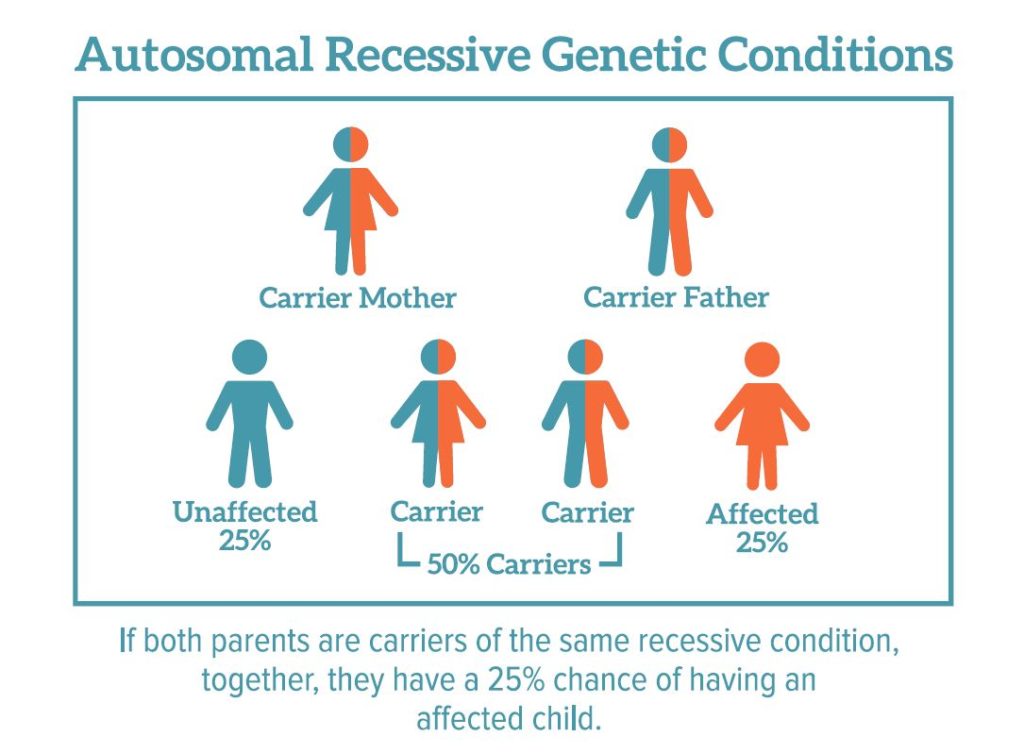Should i take vitamins when pregnant
Vitamins and other nutrients during pregnancy
During pregnancy your baby gets all necessary nutrients from you. So you may need more during pregnancy than you did before pregnancy.
Taking prenatal vitamins and eating healthy foods can help give you all the nutrients you and your baby need during pregnancy.
Make sure your prenatal vitamin has folic acid, iron and calcium in it. Most have the right amount of each of these.
Talk to your provider to make sure you get enough vitamin D, DHA and iodine each day.
Don’t take any supplements without your provider’s OK.
What are prenatal vitamins?
Prenatal vitamins are multivitamins for pregnant women or women who are trying to get pregnant. Compared to a regular multivitamin, they have more of some nutrients that you need during pregnancy. Your health care provider may prescribe a prenatal vitamin for you, or you can buy them over the counter without a prescription. Take a prenatal vitamin every day during pregnancy. If you’re planning to get pregnant, start taking prenatal vitamins before you get pregnant.
Your body uses vitamins, minerals and other nutrients in food to strong and healthy. During pregnancy, your growing baby gets all necessary nutrients from you. So you may need more during pregnancy than you did before. If you’re pregnant with multiples (twins, triplets or more), you may need more nutrients than if you’re pregnant with one baby. Your prenatal vitamin contains the right amount of nutrients you need during pregnancy.
If you’re a vegetarian, have food allergies or can’t eat certain foods, your provider may want you to take a supplement to help you get more of certain nutrients. A supplement is a product you take to make up for certain nutrients that you don’t get enough of in foods you eat. For example, your provider may recommend that you take a vitamin supplement to help you get more vitamin D, iron or calcium.
Which nutrients are most important during pregnancy?
All nutrients are important, but these six play a key role in your baby’s growth and development during pregnancy:
- Folic acid
- Iron
- Calcium
- Vitamin D
- DHA
- Iodine
What is folic acid?
Folic acid is a B vitamin that every cell in your body needs for healthy growth and development.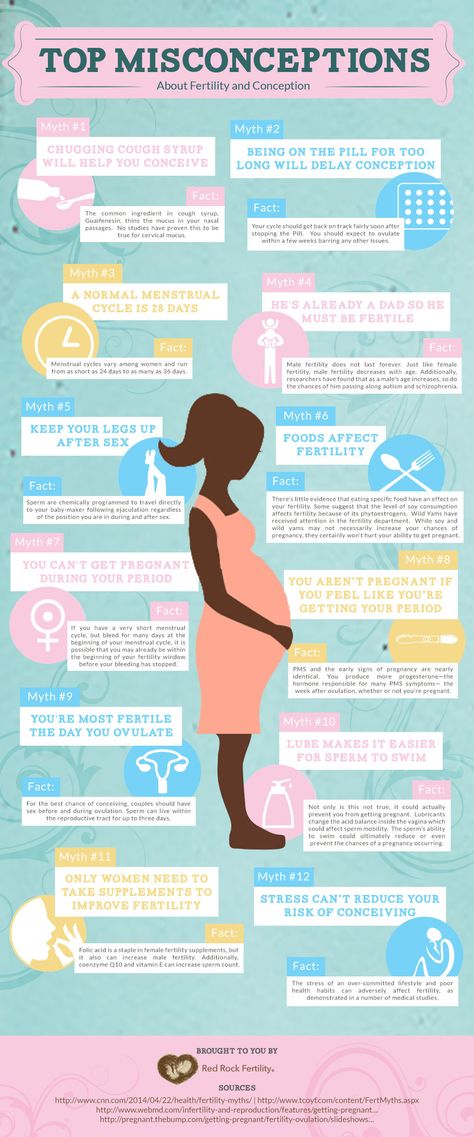 Taking folic acid before and during early pregnancy can help prevent birth defects of the brain and spine called neural tube defects (also called NTDs). Some studies show that taking folic acid may help prevent heart defects and birth defects in your baby’s mouth (called cleft lip and palate).
Taking folic acid before and during early pregnancy can help prevent birth defects of the brain and spine called neural tube defects (also called NTDs). Some studies show that taking folic acid may help prevent heart defects and birth defects in your baby’s mouth (called cleft lip and palate).
- Before pregnancy take a vitamin supplement with 400 mcg of folic acid every day.
- Take a vitamin supplement with 400 mcg of folic acid each day, even if you’re not trying to get pregnant.
- During pregnancy, take a prenatal vitamin each day that has 600 mcg of folic acid in it.
Check the product label to see how much folic acid is in it.
If you’re at high risk for having a baby with an NTD, talk to your provider about how you can safely take 4,000 mcg of folic acid each day to help prevent an NTD. Start taking 4,000 mcg at least 3 months before you get pregnant and through the first 12 weeks of pregnancy. You’re at high risk if:
- You’ve had a pregnancy with an NTD in the past.

- You or your partner has an NTD.
- Your partner has a child with an NTD.
Don’t take several multivitamins or prenatal vitamins. You can get too much of other nutrients, which may be harmful to your health. Your provider can help you figure out the best and safest way for you to get the right amount of folic acid.
You can also get folic acid from food. Citrus fruits, green leafy vegetables and beans are all excellent sources of folic acid. Some foods are also enriched with folic acid, such as cereals, bread, rice and pasta.
What is iron?
Iron is a mineral. Your body uses iron to make hemoglobin, a protein that helps carry oxygen from your lungs to the rest of your body. You need twice as much iron during pregnancy than you did before pregnancy. Your body needs this iron to make more blood so it can carry oxygen to your baby. Your baby needs iron to make his own blood.
During pregnancy you need 27 milligrams of iron each day.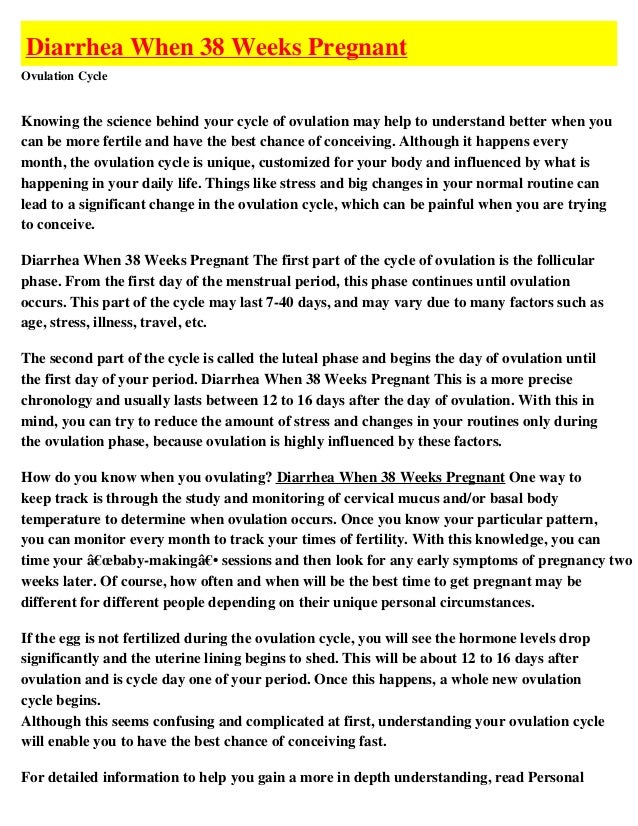 Most prenatal vitamins have this amount. You also can get iron from food. Good sources of iron include:
Most prenatal vitamins have this amount. You also can get iron from food. Good sources of iron include:
- Lean meat, poultry and seafood
- Cereal, bread and pasta that has iron added to it (check the package label)
- Leafy green vegetables
- Beans, nuts, raisins and dried fruit
Foods containing vitamin C can increase the amount of iron your body absorbs. It's a good idea to eat foods like orange juice, tomatoes, strawberries and grapefruit every day.
Calcium (in dairy products like milk) and coffee, tea, egg yolks, fiber and soybeans can block your body from absorbing iron. Try to avoid these when eating iron-rich foods.
If you don’t get enough iron during pregnancy, you may be more likely to experience:
- Infections.
- Anemia. This means you have too little iron in your blood.
- Fatigue. This means you feel really tired or exhausted.
- Premature birth. This means your baby is born too soon, before 37 weeks of pregnancy.
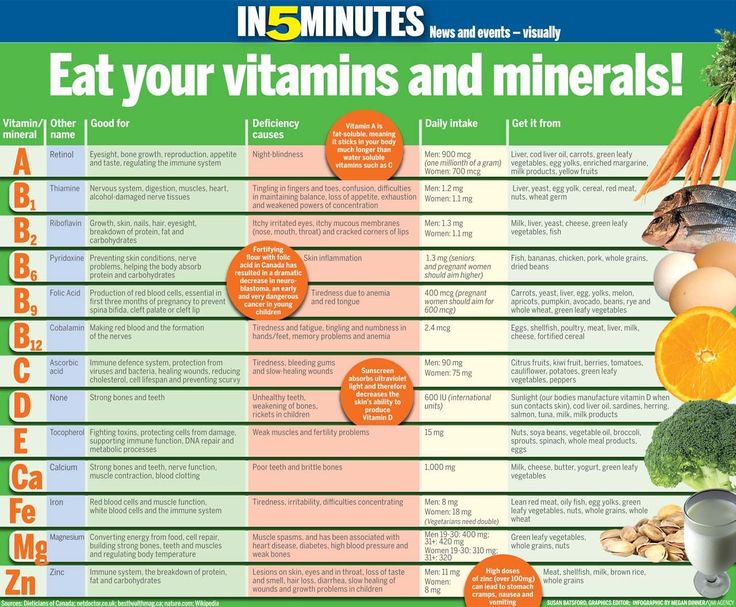
- Low birthweight. This means your baby is born weighing less than 5 pounds, 8 ounces.
What is calcium?
Calcium is a mineral that helps your baby’s bones, teeth, heart, muscles and nerves develop. During pregnancy, you need 1,000 milligrams of calcium each day. You can get this amount by taking your prenatal vitamin and eating food that has a lot of calcium in it. Good sources of calcium include:
- Milk, cheese and yogurt
- Broccoli and kale
- Orange juice that has calcium added to it (check the package label)
If you don’t get enough calcium during pregnancy, your body takes it from your bones and gives it to your baby. This can cause health conditions, such as osteoporosis, later in life. Osteoporosis causes your bones become thin and break easily.
What is vitamin D?
Vitamin D helps your body absorb calcium. It also helps your body’s nerves, muscles and immune system work. Your immune system protects your body from infection. Vitamin D helps your baby’s bones and teeth grow.
Vitamin D helps your baby’s bones and teeth grow.
During pregnancy, you need 600 IU (international units) of vitamin D each day. You can get this amount from food or your prenatal vitamin. Good sources of vitamin D include:
- Fatty fish, like salmon
- Milk and cereal that has vitamin D added to it (check the package label)
What is DHA?
Docosahexaenoic acid (DHA) is a kind of fat (called omega-3 fatty acid) that helps with growth and development. During pregnancy, you need DHA to help your baby’s brain and eyes develop. Not all prenatal vitamins contain DHA, so ask your provider if you need to take a DHA supplement.
During pregnancy, it is recommended that women eat 8 to 12 ounces of seafood low in mercury each week. Good sources of DHA include:
- Herring, salmon, trout, anchovies, halibut, catfish, shrimp and tilapia
- Orange juice, milk and eggs that have DHA added to them (check the package label)
What is iodine?
Iodine is a mineral your body needs to make thyroid hormones, which help your body use and store energy from food.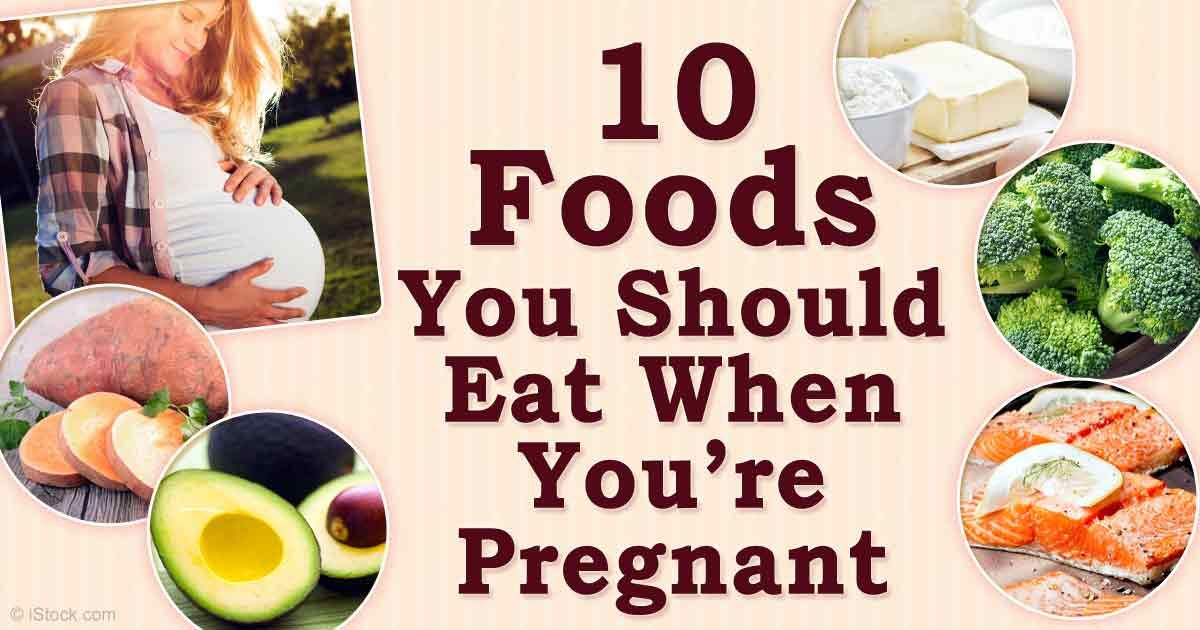 You need iodine during pregnancy to help your baby’s nervous system develop. The nervous system (brain, spinal cord and nerves) helps your baby move, think and feel.
You need iodine during pregnancy to help your baby’s nervous system develop. The nervous system (brain, spinal cord and nerves) helps your baby move, think and feel.
During pregnancy, you need 220 micrograms of iodine every day. Not all prenatal vitamins contain iodine, so make sure you eat foods that have iodine in them. Ask your provider if you need to take an iodine supplement.
Good sources of iodine include:
- Fish
- Milk, cheese and yogurt
- Enriched or fortified cereal and bread (check the package label)
- Iodized salt (salt with iodine added to it; check the package label)
Last reviewed September, 2020
Vitamins, minerals and supplements in pregnancy
Eating a healthy, varied diet in pregnancy will help you get most of the vitamins and minerals you need.
But when you're pregnant, or there's a chance you might get pregnant, it’s important to also take a folic acid supplement.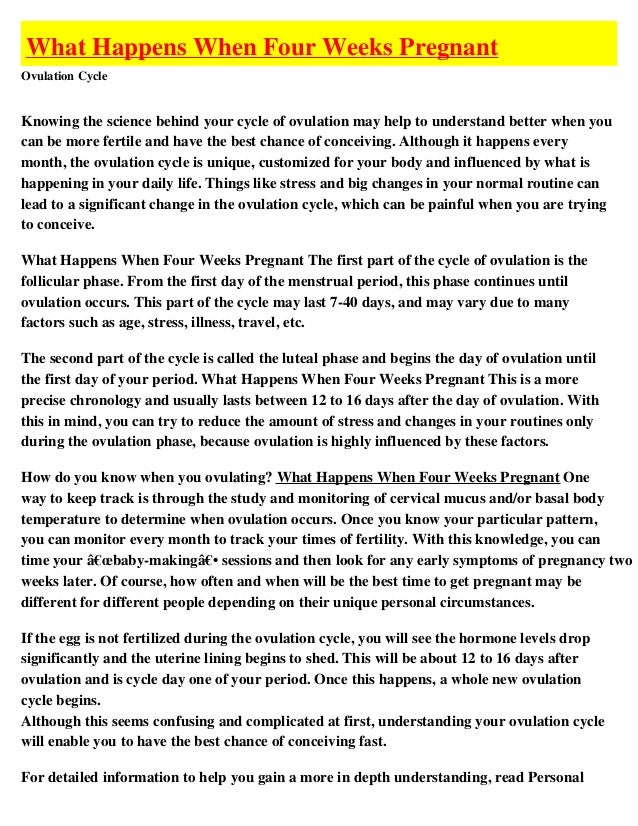
It's recommended that you take:
- 400 micrograms of folic acid every day – from before you're pregnant until you're 12 weeks pregnant
This is to reduce the risk of problems in the baby's development in the early weeks of pregnancy.
It is also recommended that you take a daily vitamin D supplement.
Do not take cod liver oil or any supplements containing vitamin A (retinol) when you're pregnant. Too much vitamin A could harm your baby. Always check the label.
You also need to know which foods to avoid in pregnancy.
Where to get pregnancy supplements
You can get supplements from pharmacies and supermarkets, or a GP may be able to prescribe them for you.
If you want to get your folic acid from a multivitamin tablet, make sure the tablet does not contain vitamin A (or retinol).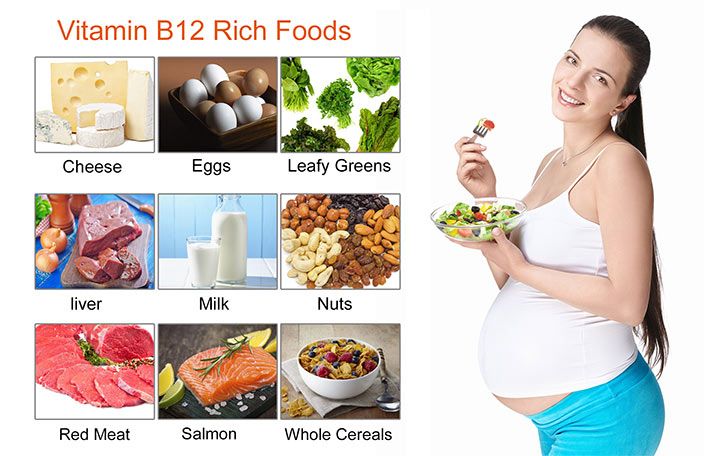
You may be able to get free vitamins if you qualify for the Healthy Start scheme.
Find out more about the Healthy Start scheme.
Folic acid before and during pregnancy
It’s important to take a 400 micrograms folic acid tablet every day before you're pregnant and until you're 12 weeks pregnant.
Folic acid can help prevent birth defects known as neural tube defects, including spina bifida.
If you did not take folic acid before you conceived, you should start as soon as you find out you're pregnant.
Try to eat green leafy vegetables which contain folate (the natural form of folic acid) and breakfast cereals and fat spreads with folic acid added to them.
It's difficult to get the amount of folate recommended for a healthy pregnancy from food alone, which is why it's important to take a folic acid supplement.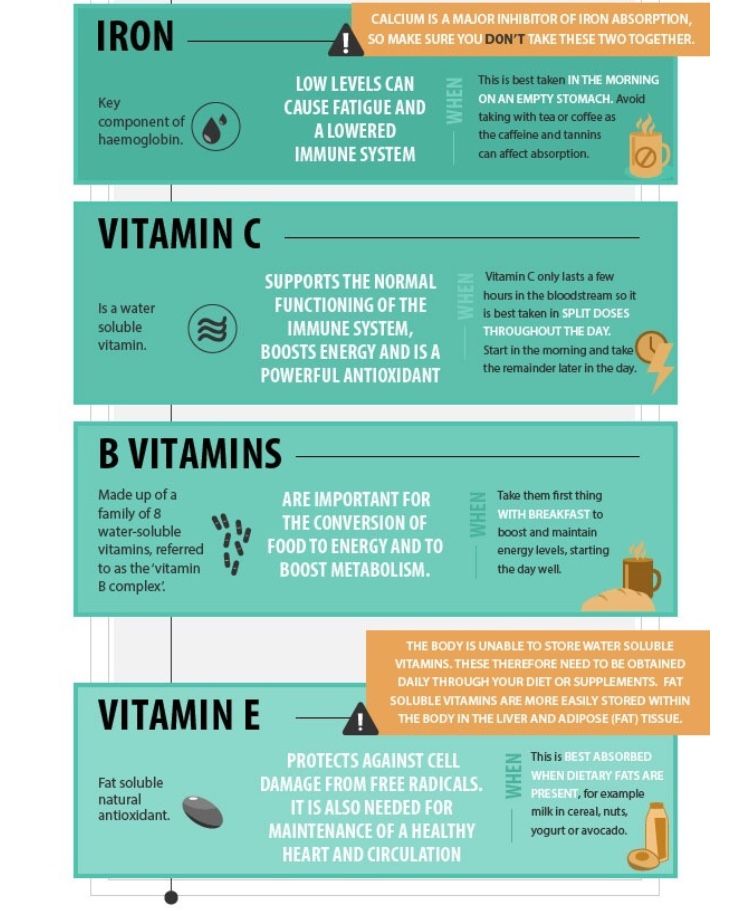
Higher-dose folic acid
If you have a higher chance of your pregnancy being affected by neural tube defects, you will be advised to take a higher dose of folic acid (5 milligrams). You will be advised to take this each day until you’re 12 weeks pregnant.
You may have a higher chance if:
- you or the baby's biological father have a neural tube defect
- you or the baby's biological father have a family history of neural tube defects
- you have had a previous pregnancy affected by a neural tube defect
- you have diabetes
- you take anti-epilepsy medicine
- you take anti-retroviral medicine for HIV
If any of this applies to you, talk to a GP. They can prescribe a higher dose of folic acid.
A GP or midwife may also recommend additional screening tests during your pregnancy.
Find out about epilepsy and pregnancy.
Vitamin D in pregnancy
You need 10 micrograms of vitamin D each day and should consider taking a supplement containing this amount between September and March.
Vitamin D regulates the amount of calcium and phosphate in the body, which are needed to keep bones, teeth and muscles healthy. Our bodies make vitamin D when our skin is exposed to summer sunlight (from late March/early April to the end of September).
It's not known exactly how much time is needed in the sun to make enough vitamin D to meet the body's needs, but if you're in the sun take care to cover up or protect your skin with sunscreen before you start to turn red or burn.
Vitamin D is also in some foods, including:
- oily fish (such as salmon, mackerel, herring and sardines)
- eggs
- red meat
Vitamin D is added to some breakfast cereals, fat spreads and non-dairy milk alternatives.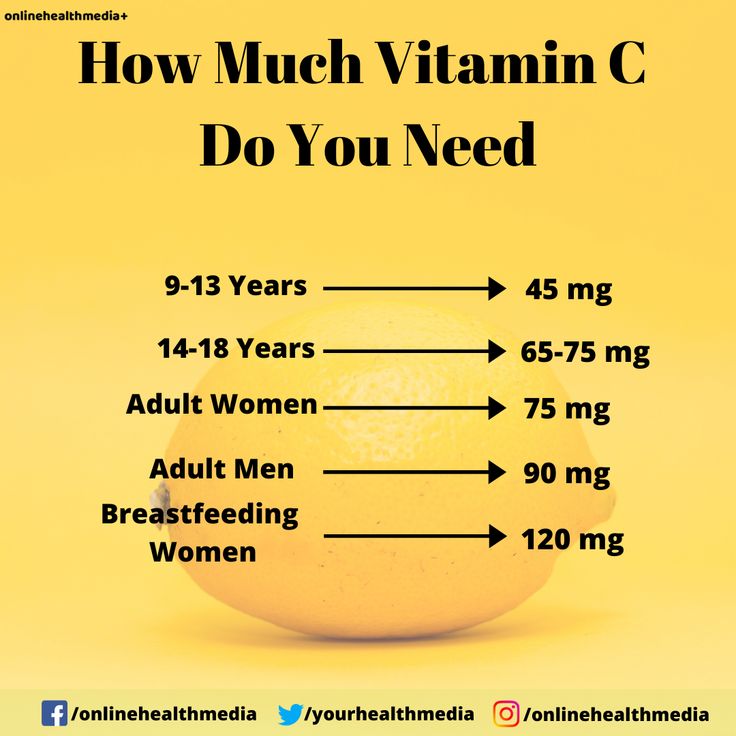 The amounts added to these products can vary and might only be small.
The amounts added to these products can vary and might only be small.
Because vitamin D is only found in a small number of foods, whether naturally or added, it is difficult to get enough from foods alone.
Do not take more than 100 micrograms (4,000 IU) of vitamin D a day as it could be harmful.
You can get vitamin supplements containing vitamin D free of charge if you're pregnant or breastfeeding and qualify for the Healthy Start scheme.
Information:
There have been some reports about vitamin D reducing the risk of coronavirus (COVID-19). But there is currently not enough evidence to support taking vitamin D solely to prevent or treat COVID-19.
If you have dark skin or cover your skin a lot
You may be at particular risk of not having enough vitamin D if:
- you have dark skin (for example, if you're of African, African Caribbean or south Asian origin)
- you cover your skin when outside or spend lots of time indoors
You may need to consider taking a daily supplement of vitamin D all year. Talk to a midwife or doctor for advice.
Talk to a midwife or doctor for advice.
Iron in pregnancy
If you do not have enough iron, you'll probably get very tired and may suffer from anaemia.
Lean meat, green leafy vegetables, dried fruit, and nuts contain iron.
If you'd like to eat peanuts or foods that contain peanuts (such as peanut butter) during pregnancy, you can do so as part of a healthy, balanced diet unless you're allergic to them or your health professional advises you not to.
Many breakfast cereals have iron added to them. If the iron level in your blood becomes low, a GP or midwife will advise you to take iron supplements.
Vitamin C in pregnancy
Vitamin C protects cells and helps keep them healthy.
It's found in a wide variety of fruit and vegetables, and a balanced diet can provide all the vitamin C you need.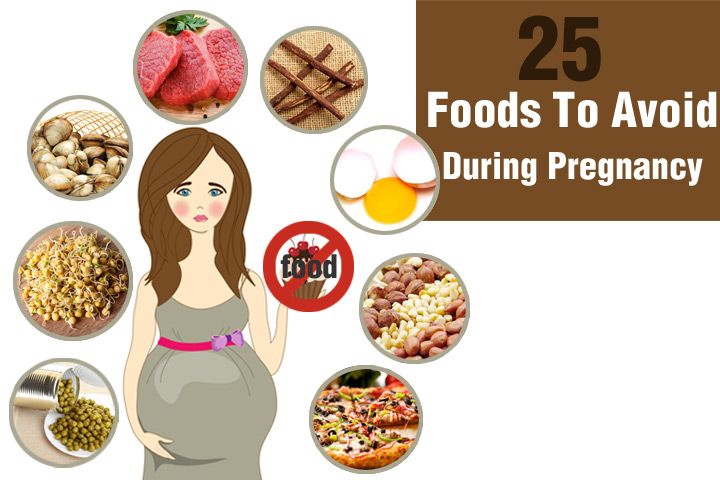
Good sources include:
- oranges and orange juice
- red and green peppers
- strawberries
- blackcurrants
- broccoli
- brussels sprouts
- potatoes
Calcium in pregnancy
Calcium is vital for making your baby's bones and teeth.
Sources of calcium include:
- milk, cheese and yoghurt
- green leafy vegetables, such as rocket, watercress or curly kale
- tofu
- soya drinks with added calcium
- bread and any foods made with fortified flour
- fish where you eat the bones, such as sardines and pilchards
Vegetarian, vegan and special diets in pregnancy
A varied and balanced vegetarian diet should provide enough nutrients for you and your baby during pregnancy.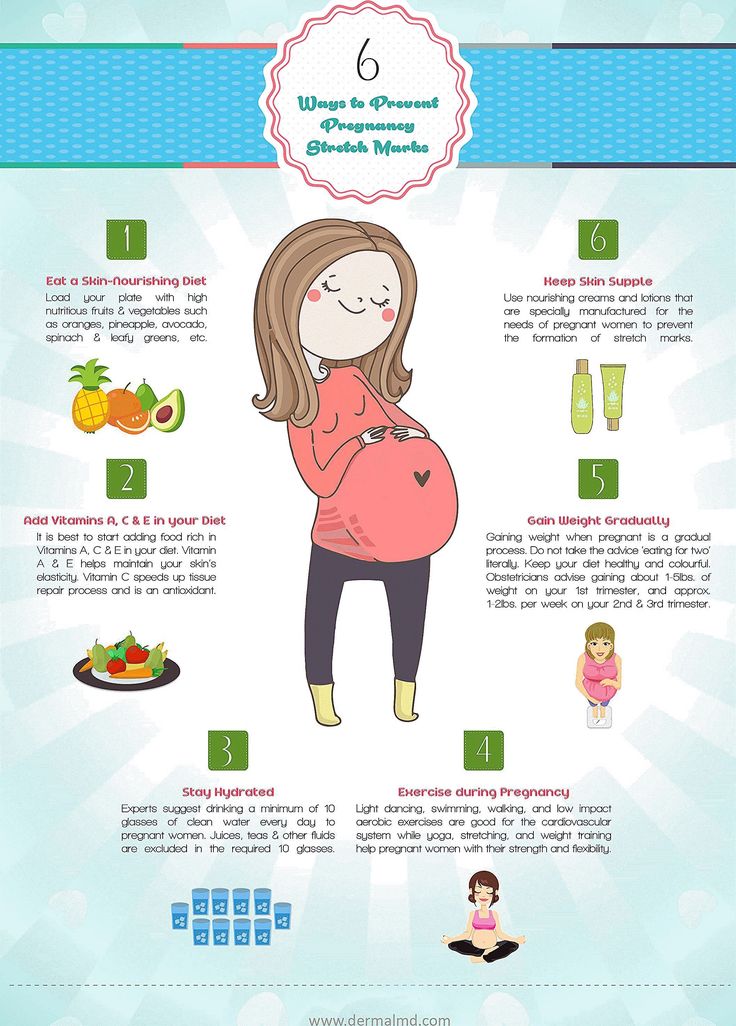
But you might find it more difficult to get enough iron and vitamin B12.
Talk to a midwife or doctor about how to make sure you're getting enough of these important nutrients.
If you're vegan or you follow a restricted diet because of a food intolerance (for example, a gluten-free diet for coeliac disease) or for religious reasons, talk to a midwife or GP.
Ask to be referred to a dietitian for advice on how to make sure you're getting all the nutrients you need for you and your baby.
Find out more about healthy eating if you're pregnant and vegetarian or vegan.
Healthy Start vitamins
The Healthy Start scheme may be able to help you buy food and milk if you're pregnant or have a child under 4 years old and receive certain benefits, or you’re pregnant and under 18.
If you’re eligible, you’ll be sent a Healthy Start card which you can use to buy certain types of milk, infant formula, fruit and vegetables.
You can also use your card to get free vitamins.
If you're not eligible for the Healthy Start scheme, some NHS organisations still offer the vitamins for free, or sell them. Ask a midwife about what's available in your area.
More information:
- Read more information about Healthy Start, or apply for a Healthy Start card, on the Healthy Start scheme website
- Read more about getting vitamins on the Healthy Start scheme website
Video: Should I take supplements during my pregnancy?
In this video, a midwife explains which supplements you can take during pregnancy.
Media last reviewed: 5 February 2020
Media review due: 5 February 2023
Get Start4Life pregnancy and baby emails
Sign up for Start4Life's weekly emails for expert advice, videos and tips on pregnancy, birth and beyond.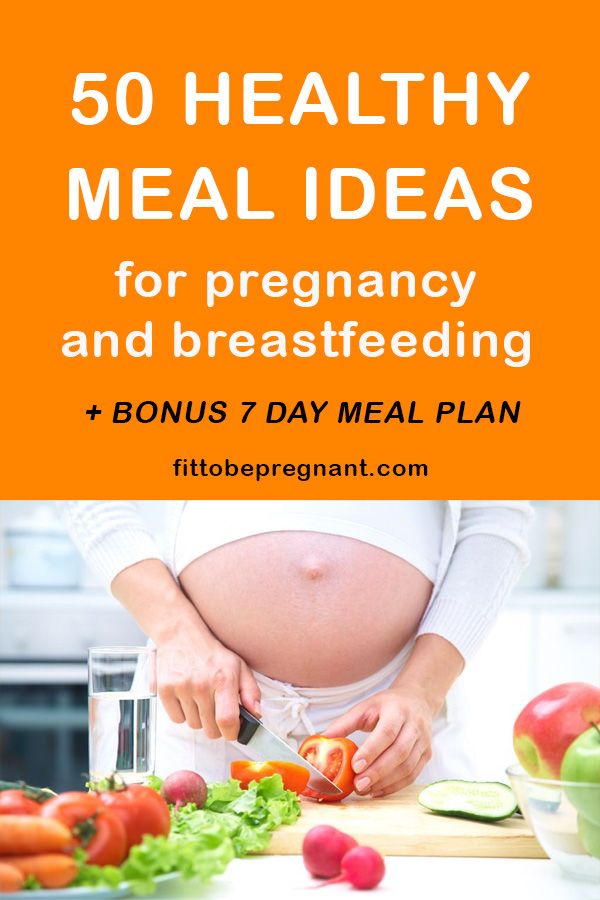
Do pregnant women need to drink vitamin preparations?
Almost every woman during pregnancy, doctors recommend taking various vitamin preparations. But do pregnant women need to take vitamins? Is a balanced diet not enough?
Almost every woman during pregnancy, doctors recommend taking various vitamin preparations. But do pregnant women need to take vitamins? Is a balanced diet not enough? We asked these and other questions to Ekaterina Aleksandrovna Minchenkova, an obstetrician-gynecologist at Expert Clinic Smolensk. nine0003
— Ekaterina Alexandrovna, what is the role of vitamins in the body in general and in the body of a pregnant woman in particular?
— Vitamins are special substances that everyone (not only women) need in small amounts for the normal functioning of the body. They are involved in metabolism, they are biological accelerators of chemical reactions occurring in the cells of the body, etc.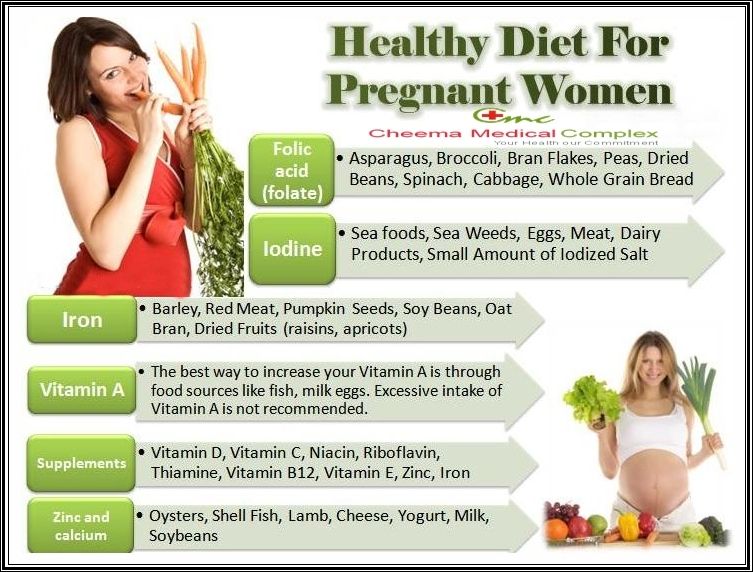 In a pregnant woman, the need for vitamins and microelements is higher, because the fetus also needs them. nine0003
In a pregnant woman, the need for vitamins and microelements is higher, because the fetus also needs them. nine0003
— What vitamins can you get from food?
- Most vitamins are not formed in our body, but come from food. If a pregnant woman eats a full, rational, varied diet, then she does not need an additional intake of vitamins and minerals (with some exceptions). They will be easily obtained with food in sufficient quantities. No vitamin supplement can match the benefits of proper nutrition.
- Speaking of nutrition, you said "with a few exceptions." That is, despite the correct diet, pregnant women should still take some vitamins? And if so, which ones?
Yes. During pregnancy, doctors prescribe some vitamins and minerals, even if the woman eats normally. I will dwell on those that I consider the most important. Vitamin number 1 for pregnant women is vitamin B9, or folic acid. Probably, one could do without additional intake of other vitamins, but without folic acid - in any way.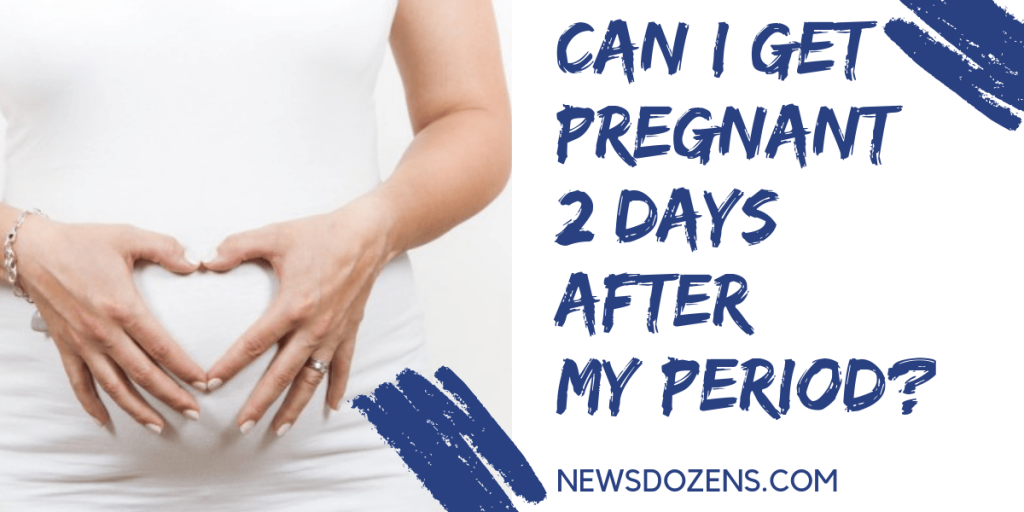 This is because the strongest evidence for the need for vitamin supplementation during pre-pregnancy and the first 12 weeks of pregnancy is only for folic acid. With a lack of this vitamin, the likelihood of neural tube defects in the fetus, as well as some other defects (cleft lip, palate, congenital heart defects, malformations of the urinary tract and extremities, congenital hydrocephalus) may increase. nine0003
This is because the strongest evidence for the need for vitamin supplementation during pre-pregnancy and the first 12 weeks of pregnancy is only for folic acid. With a lack of this vitamin, the likelihood of neural tube defects in the fetus, as well as some other defects (cleft lip, palate, congenital heart defects, malformations of the urinary tract and extremities, congenital hydrocephalus) may increase. nine0003
The recommended dose of folic acid is 400-500 mcg (micrograms) per day, in rare cases it may be more. To cover the daily dose of this vitamin, you need to eat 500 g of liver (chicken, goose, pork, beef, cod, etc.) or 1 kg of salad. It is difficult to provide the required daily amount of folic acid through food, so the doctor prescribes it in the form of a drug.
Next is vitamin D. It is formed in the body under the influence of ultraviolet rays (the main way to obtain it), and in some quantities comes with certain foods. All pregnant women may be recommended an additional dose of 600 - 1200 IU / day.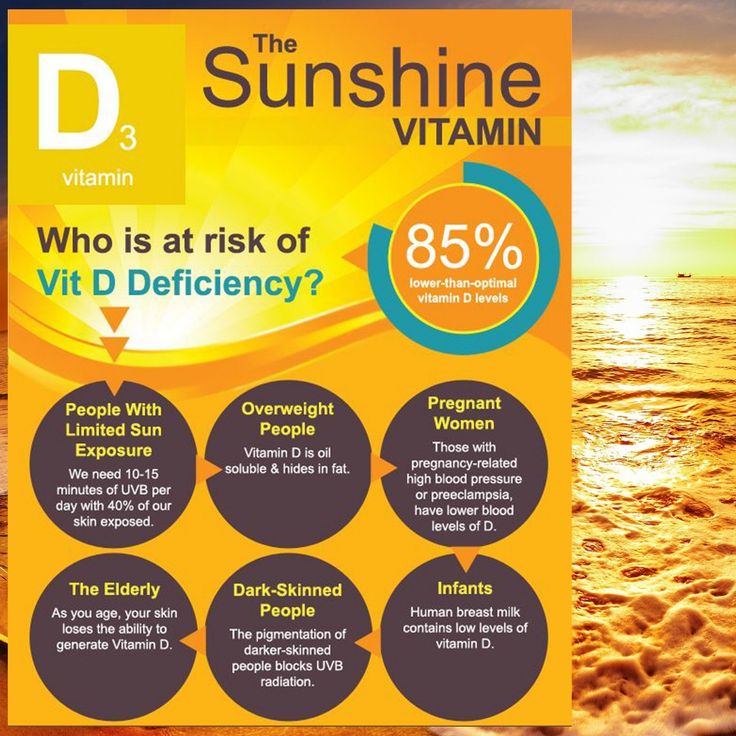 But it is better to visit a doctor to decide whether it is necessary or not. nine0003
But it is better to visit a doctor to decide whether it is necessary or not. nine0003
Vitamin B12 supplementation may be indicated for vegans and vegetarians.
I would like to say about trace elements - they are also important for the body of a pregnant woman. All women in the CIS countries are advised to take additional iodine in the form of potassium iodide. Before pregnancy, the dose of iodine is 100–150 mcg per day. With the onset of pregnancy, throughout its entire duration and during breastfeeding, the dose increases to 250 mcg per day. But usually the coverage of the need for iodine is distributed as follows: we get 50 micrograms from food, and take 200 micrograms in the form of a drug. In case of thyroid diseases, consultation with an endocrinologist is mandatory. nine0003
Calcium 1000 mg per day should be taken daily from food or mineral supplements if the woman does not consume calcium-containing foods.
Omega-3 polyunsaturated fatty acids (PUFAs). WHO still does not recommend the additional intake of this component during pregnancy and insists on a healthy diet. A sufficient intake of omega-3 is necessary for the proper formation of the organs of vision and the brain of the unborn child. In 2018, a study was conducted in which several thousand pregnant women participated. A diet high in omega-3s has been shown to reduce the risk of preterm birth from 7% to 2%, as well as the risk of having small babies. nine0003
An excellent source of omega-3-PUFAs are salmon fish, tuna and seafood. If you use them 2 times a week, then you do not need supplements and dietary supplements with this component. Everyone else should think about changing the diet or taking them additionally (of course, after consulting a doctor).
- You talked about the possible consequences of a lack of folic acid. And what can a deficiency of trace elements lead to in a pregnant woman and an unborn child?
- Children born to mothers with mild to moderate iodine deficiency are more likely to have behavioral disorders in the form of attention deficit hyperactivity disorder. Severe iodine deficiency in pregnant women is fraught with an increase in the frequency of stillbirth and infant mortality, miscarriage, the birth of underweight children, children with mental retardation.
Severe iodine deficiency in pregnant women is fraught with an increase in the frequency of stillbirth and infant mortality, miscarriage, the birth of underweight children, children with mental retardation.
Lack of calcium also leads to negative consequences: bone density decreases, which leads to the development of osteoporosis in menopausal women and an increased risk of fractures in old age. Possible heart rhythm disturbance, muscle spasms, convulsions. In pregnant women, especially those at risk, the likelihood of developing gestational hypertension (high blood pressure) and preeclampsia (a pathology in which blood pressure rises during pregnancy, edema is formed, and protein appears in the urine) increases. nine0003
Calcium is best absorbed from dairy products, 2-3 servings of which will provide the daily intake. 1 serving is equal to 200 ml of milk, kefir, curdled milk, fermented baked milk, or 200 g of yogurt, or 100 g of cottage cheese or 40 g of cheese.
Iron deficiency in the mother's body before pregnancy and in its early stages can "cross out" all subsequent efforts of parents and teachers in teaching children. The developing brain of a future baby is especially sensitive to a lack of iron in the body, including in the case of its hidden deficiency, when hemoglobin is normal, and there are few iron reserves. nine0003
The developing brain of a future baby is especially sensitive to a lack of iron in the body, including in the case of its hidden deficiency, when hemoglobin is normal, and there are few iron reserves. nine0003
Many people know that iron is necessary for the formation of hemoglobin, which is able to bind oxygen. Hemoglobin is found in red blood cells, which carry oxygen to the cells. And if there is little oxygen, then the cells suffer. Imagine feeling out of breath. So it is here: the brain cells of a still little man (3-12 weeks of pregnancy), lacking oxygen, divide more slowly, because of which neural connections are simplified, the gray matter suffers, and your baby will no longer become a genius, even if you responsibly began to take iron supplements after 12 weeks of pregnancy. nine0003
— Can I take prenatal vitamins without a doctor's prescription?
— No. I recommend taking vitamins only after consulting a doctor if they are deficient. Among persons who may be at increased risk of vitamin deficiency:
- obese people;
- vegans;
- having some bowel disease;
- people with low socioeconomic status;
- real hungry
and some others.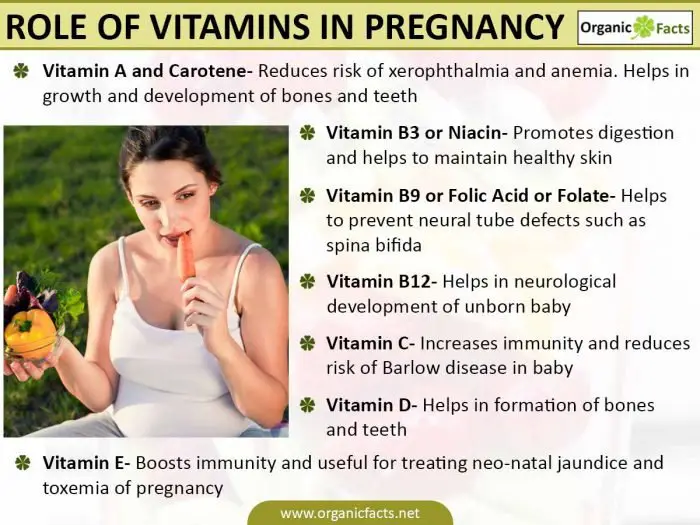 For these women, an additional intake of vitamins will be justified.
For these women, an additional intake of vitamins will be justified.
- Can vitamin supplements taken during pregnancy be harmful or useless?
- At the moment there is no evidence that multivitamins prevent the development of any diseases, that they are necessary and useful. That is, they turned out to be ineffective. Vitamins usually contain more than 5 components. And even a very qualified clinical pharmacologist will not calculate all the options for the interaction of active components in a living organism. According to many studies, most multivitamin complexes are not absorbed by the body. They contain components (vitamins and trace elements) that are incompatible with each other: calcium and iron, fat- and water-soluble groups of vitamins, zinc and folate. B1, B6 and B12, although from the same group, are at war with each other or reinforce each other's negative effects. Therefore, if you take vitamins, it is better to take them separately, and only those that are really necessary.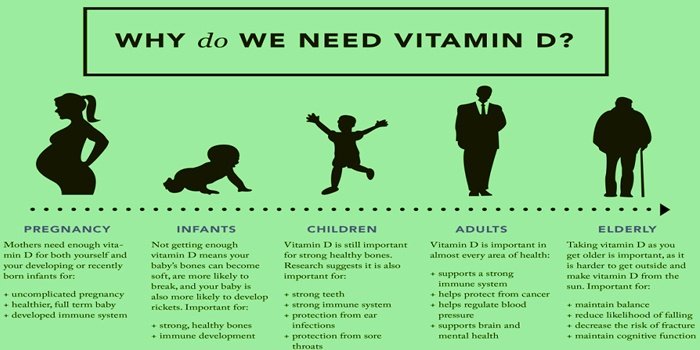 nine0003
nine0003
Often the dosages of the components do not correspond to the recommended ones (for example, folic acid is recommended at a dose of 400 mcg per day, and in multivitamins it is often contained in an amount of 200 mcg, etc.).
All supplements and vitamin complexes containing vitamin A should be avoided due to its possible teratogenic effect (that is, the ability to cause malformations in a child during pregnancy).
There are no natural vitamins on the modern pharmaceutical market. Without exception, all preparations contain vitamins or their analogues, which are obtained synthetically. The natural ones are found only in foodstuffs. nine0003
— Do prenatal vitamins have side effects?
- Of course. Firstly, as with any other drugs, they can cause an allergic reaction. Side effects from the gastrointestinal tract are also common: nausea, vomiting, constipation, diarrhea, etc. The load on the liver is high. Excess intake of certain vitamins can lead to cancer.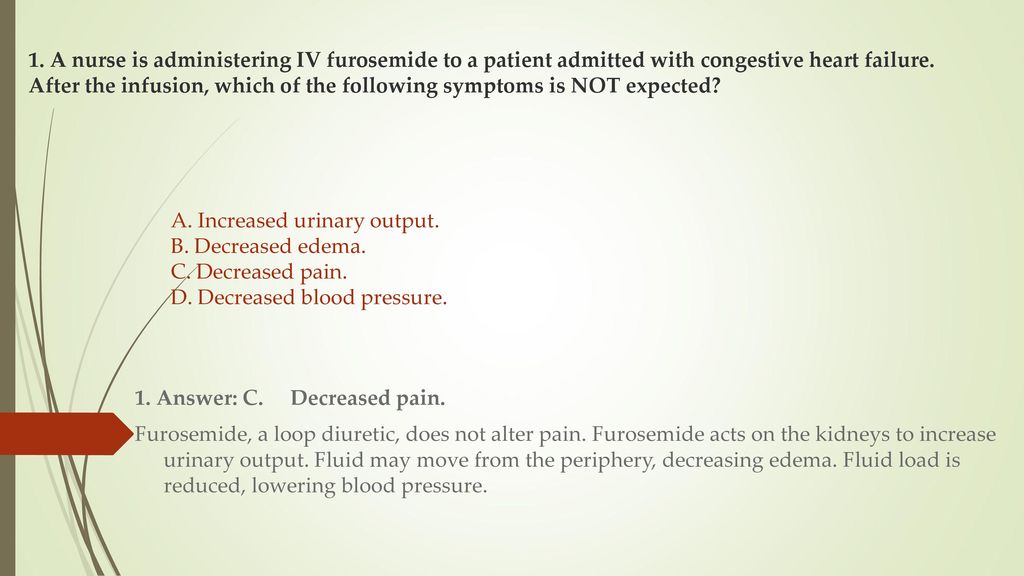
— Is it possible for a pregnant woman to take vitamins with uterine fibroids? And if so, which ones? nine0010
— There are no restrictions and peculiarities in terms of taking vitamins.
— Are there any contraindications to taking vitamins for pregnant women?
- Contraindications are the same as for all other drugs. Increased individual sensitivity to the components of the drug or their intolerance, hypervitaminosis, severe renal failure and some others. Therefore, only a specialist can appoint them.
I would like to finish with the words of one professor: even by eating a fruit with nitrates, a person will receive more useful vitamins and microelements than by taking one synthetic tablet. Not verbatim, but conveyed the meaning. nine0003
Tolovik Tolovik
talked to sign up for an appointment with a doctor-an obstetric-gynecologist, you can here
attention: the service is not available in
The editorial office recommends:
Rules for a healthy diet.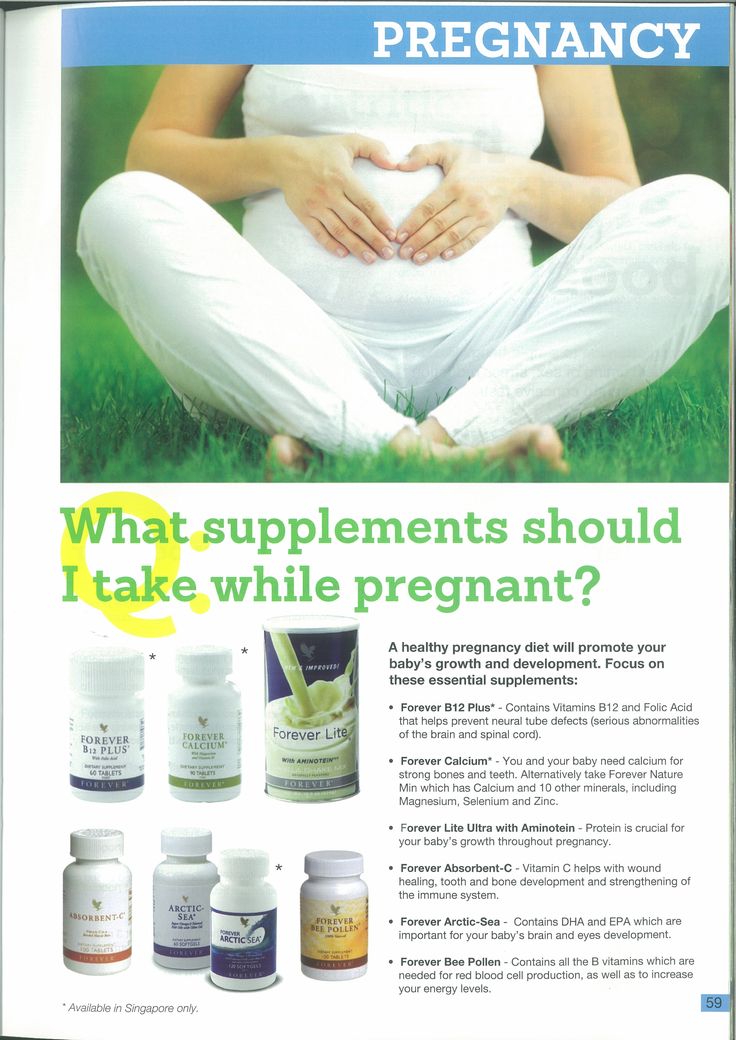 What should you eat to be healthy?
What should you eat to be healthy?
Life without meat: fashion, philosophy or benefit to the body?
How to determine that the body lacks iodine?
Myths and truth about thyroid diseases
For reference:
Ekaterina Alexandrovna Minchenkova
In 2014 she graduated from the medical faculty of Vitebsk State Medical University.
In 2015 - internship in obstetrics and gynecology.
Currently, he is an obstetrician-gynecologist at the Expert Clinic, Smolensk.
Reception is at: st. March 8, 20.
Vitamins and pregnancy - articles from the specialists of the clinic "Mother and Child"
Kurbatskaya Olga Nikolaevna
Obstetrician-gynecologist
Lapino-1 Clinical Hospital "Mother and Child"
One of the most common questions that pregnant women ask their doctor is what vitamins should I take during pregnancy? Let's say right away whether expectant mothers need to drink pharmaceutical vitamins or not - there is no unequivocal answer to this question.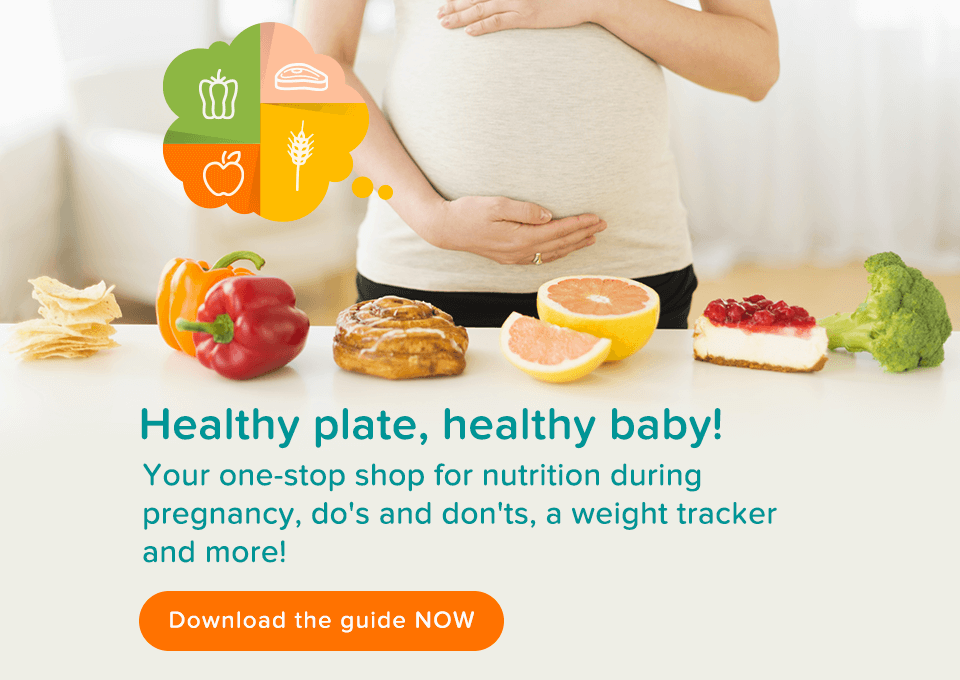 Some doctors believe that the necessary nutrients should be obtained from natural products. Others are in favor of taking pharmaceutical multivitamins. It can only be said unequivocally that vitamins and microelements must necessarily enter the body of a pregnant woman. We will tell you which of them are most important for the expectant mother. nine0153
Some doctors believe that the necessary nutrients should be obtained from natural products. Others are in favor of taking pharmaceutical multivitamins. It can only be said unequivocally that vitamins and microelements must necessarily enter the body of a pregnant woman. We will tell you which of them are most important for the expectant mother. nine0153
Folic acid
Other names for this vitamin are vitamin B 9 or B c . This vitamin is necessary for cell division and reproduction, so it is especially important in the first trimester of pregnancy, when all organs and systems of the child are being laid. Folic acid plays an important role in the synthesis of hemoglobin, and with its deficiency, anemia can develop. And folic acid also helps to reduce the likelihood of spinal defects in a child, takes care of the correct formation of his psyche and intellect. It is better to start taking folic acid three months before the planned conception, since a small supply of this vitamin will only be useful for both the expectant mother and the baby.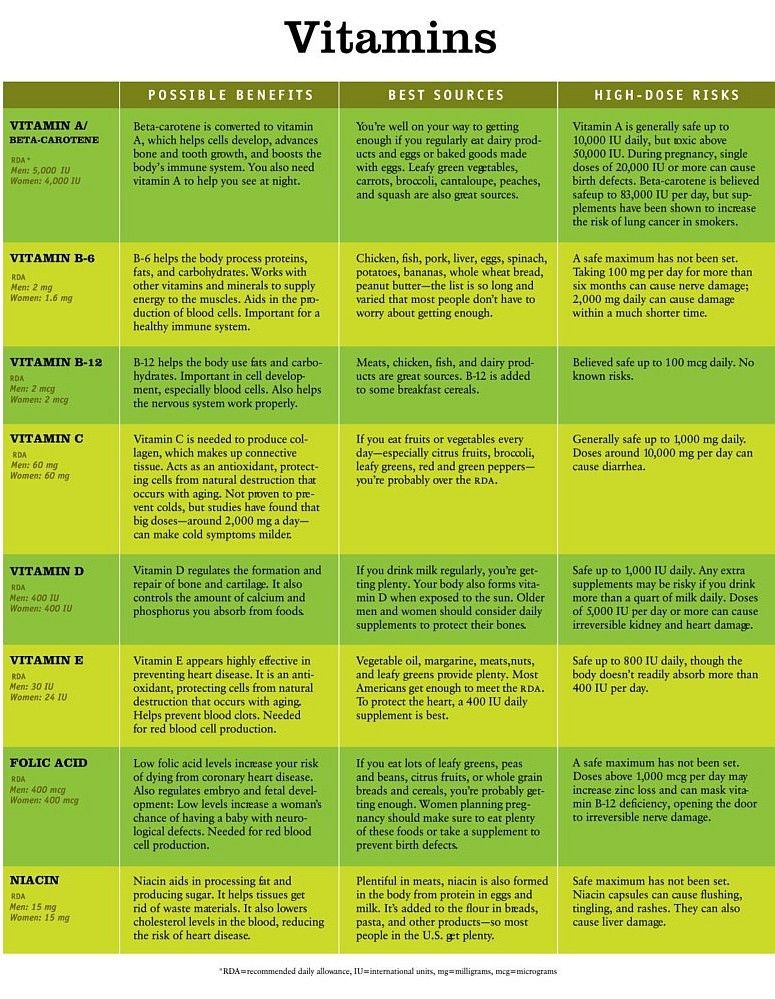 If the pregnancy has come unplanned, then folic acid must be taken as soon as the woman finds out about her situation. On average, the dosage of this vitamin is from 0.4 to 0.8 mg per day. nine0003
If the pregnancy has come unplanned, then folic acid must be taken as soon as the woman finds out about her situation. On average, the dosage of this vitamin is from 0.4 to 0.8 mg per day. nine0003
Calcium
An expectant mother needs about 1200–1400 mg of calcium daily, while an ordinary woman needs 800–1000 mg of this trace element. Why? During pregnancy, the amount of calcium in the body of the expectant mother is significantly reduced, since it is also spent on the growth and development of the child. Especially a lot of calcium is needed in the third trimester, when the baby's skeleton is calcified. But calcium is needed not only for the growth of bones and teeth of a child - with its help, his nervous system, his heart, muscles, skin tissues, eyes, ears, hair and nails are formed. A pregnant woman needs calcium for the full functioning of the kidneys, the prevention of muscle pain, constipation, osteoporosis, caries and toxicosis. In addition, this trace element protects the expectant mother from stress and nervous overload. nine0003
nine0003
Vitamin E
This vitamin is involved in the process of tissue respiration, it helps oxygen to penetrate into every cell of the body. At the same time, vitamin E is an excellent antioxidant: it protects cells from the formation of free radicals that can provoke various diseases. This protective function is especially important at the stage of embryo formation. In addition, vitamin E helps to normalize the hormonal balance of the body. In the early stages, it participates in the formation of the placenta, and also protects against abortion. The dose of vitamin E during pregnancy is 15 mg. nine0003
Vitamin E is found in vegetable oils, not less than this vitamin in lettuce, tomatoes, rose hips, parsley, spinach and peas. Some vitamin E is found in meat, eggs and milk.
Magnesium
Magnesium is involved in all metabolic processes, helps to cope with stress, normalizes the functioning of the cardiovascular system and blood pressure, and keeps blood vessels in good shape. Due to a lack of magnesium in the body, cramps in the muscles (usually in the calves) may appear. And since the uterus is also a muscular organ, with a lack of magnesium during pregnancy during gestation, the excitability of the myometrium increases, which leads to active uterine contractions. Therefore, with hypertension and the threat of abortion, magnesium is often prescribed. nine0003
Due to a lack of magnesium in the body, cramps in the muscles (usually in the calves) may appear. And since the uterus is also a muscular organ, with a lack of magnesium during pregnancy during gestation, the excitability of the myometrium increases, which leads to active uterine contractions. Therefore, with hypertension and the threat of abortion, magnesium is often prescribed. nine0003
Magnesium is rich in whole grains and whole grain breads, figs, almonds, seeds, dark green vegetables, and bananas.
iodine
Iodine is usually prescribed for pregnant women in the first trimester. Up to 16 weeks of pregnancy, the development of the child and the laying of all its organs and systems are "under the protection" of the mother's thyroid gland. And if a woman has little iodine, then this means that some system or organ of the baby may suffer. And even when the child’s own thyroid gland is formed and starts working, she can still take iodine only from the mother’s body.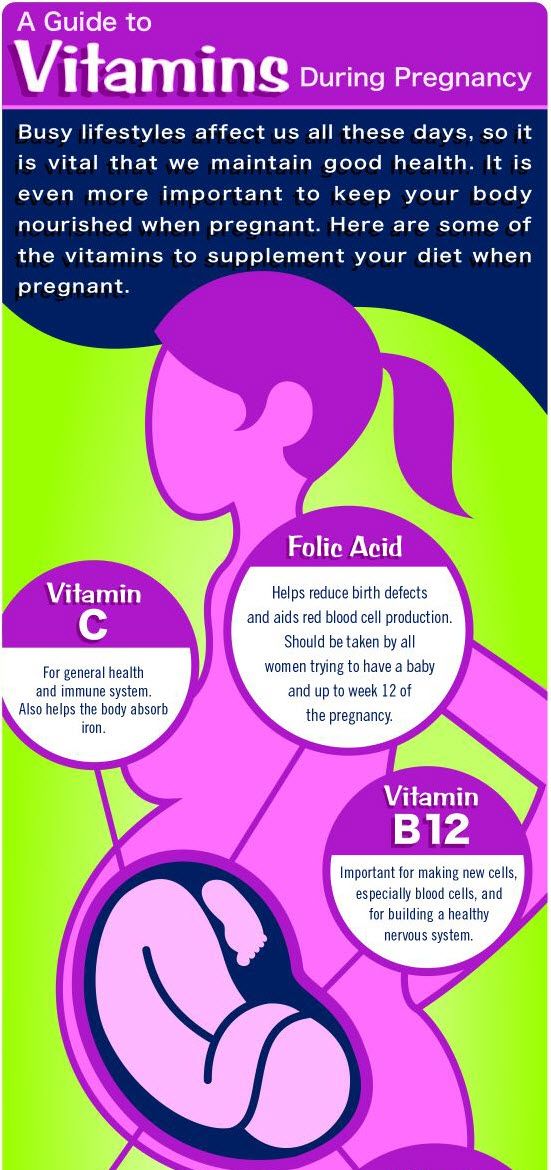 Its daily dose is 250 mg per day. nine0003
Its daily dose is 250 mg per day. nine0003
Iodine is easiest to get from seafood and sea or iodized salt. A lot of iodine is found in sea fish, seaweed, squid, persimmon, feijoa, dates, dried figs, dairy products and meat. However, iodine is destroyed by temperature effects, which means that after heat treatment, the amount of iodine in the products decreases sharply.
Iron
Iron is necessary primarily for the prevention of anemia. After all, it is part of hemoglobin, which carries oxygen throughout the body of the mother and child. In addition, iron is involved in protein synthesis, which is involved in the formation of muscle tissue. And iron deficiency can lead to increased uterine tone. The average daily dosage of iron is 30–60 mg. In some cases, if the woman's iron supply was initially reduced, the dosage may be higher. nine0003
Iron is found in meat, especially a lot of it in veal, turkey, hare, pork and beef. There is iron in plant foods, but from there it is absorbed much worse.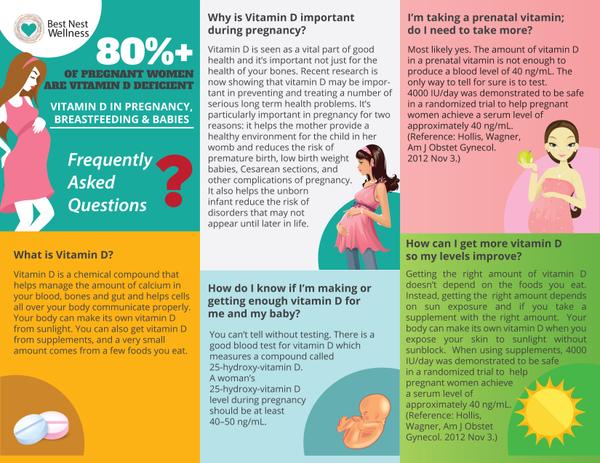 Iron is best absorbed when taken together with vitamin C.
Iron is best absorbed when taken together with vitamin C.
If a pregnant woman eats properly and varied, eats a lot of fruits and vegetables, then she may not need an additional complex of vitamins for pregnant women. It may be necessary to drink some vitamins separately, but this should be determined by the doctor. If, before pregnancy, a woman had signs of vitamin deficiency, she eats incorrectly or poorly, then multivitamins cannot be dispensed with. nine0153
Inset
Vitamin B 9 (folic acid) is found in animal liver, spinach, asparagus, lentils, Brussels sprouts, beans and wholemeal flour. However, it is absorbed very poorly from food, no more than 50%. That is why it is prescribed to almost all pregnant women.
At one time, our body will not be able to absorb more than 500 mg of calcium. Therefore, you should not try to get the entire daily norm of this trace element in one meal. Try to eat foods containing calcium in small portions several times a day. nine0003
nine0003
To increase the concentration of magnesium in tissues, vitamin B 6 (pyridoxine) is needed, which facilitates its absorption and acts as a conductor of magnesium into the cell. Therefore, magnesium and vitamin B 6 are often prescribed together.
Make an appointment
to the doctor - Kurbatskaya Olga Nikolaevna
Lapino-1 Clinical Hospital "Mother and Child"
PregnancyHome birthBirth
By clicking on the send button, I consent to the processing of personal data
Attention! Prices for services in different clinics may vary. To clarify the current cost, select a clinic
Clinical Hospital MD GROUPClinical Hospital Lapino-1 "Mother and Child"Clinic KG "Lapino" in Odintsovo (branch)Clinic "Mother and Child" Khodynskoye PoleClinic "Mother and Child" KuntsevoClinic "Mother and Child" SavelovskayaClinic "Mother and Child" Yugo-ZapadMother and Child Clinic NovogireyevoMother and Child Clinic Lefortovo
All directionsSpecialist consultations (adults)Specialist consultations (children)Laboratory of molecular geneticsGeneral clinical examinationsProcedural roomTelemedicine for adultsTherapeutic examinationsUltrasound examinations for adults
01.